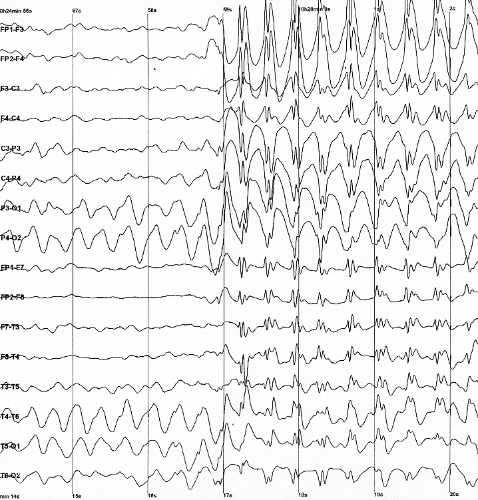Antiepileptic drugs may progressively impair balance

In a study of 26 twin and sibling pairs where one of each pair had received long-term antiepileptic drug therapy, participants who were taking these medications swayed more during static and dynamic balance tests compared with their siblings who were not taking antiepileptic medications. They also showed a greater deterioration in sway tests over an average interval of 3 years.
Addressing these balance issues in patients taking antiepileptic drugs may help reduce their risk of falling, which can lead to fractures and other injuries.
"Use of the powerful discordant-pair study design enabled detection of these clinically-significant changes. The finding of progressive impairment of balance function underlines the need for further research as well as alerting clinicians to this important issue for patients on long-term antiepileptic drug therapy," said Dr. John D. Wark, co-author of the Epilepsia study.
More information: Baemisla Shiek Ahmad et al. Changes in balance function with chronic antiepileptic drug therapy: A twin and sibling study, Epilepsia (2015). DOI: 10.1111/epi.13136














